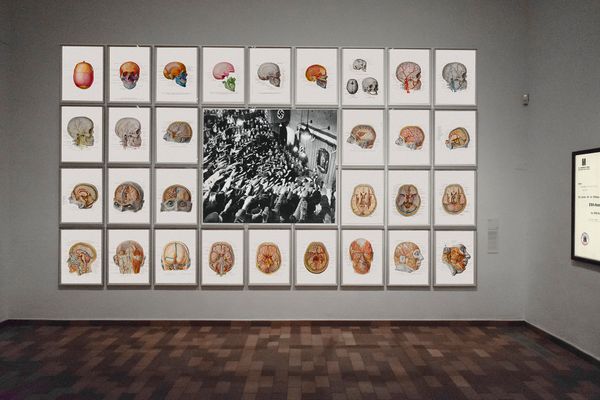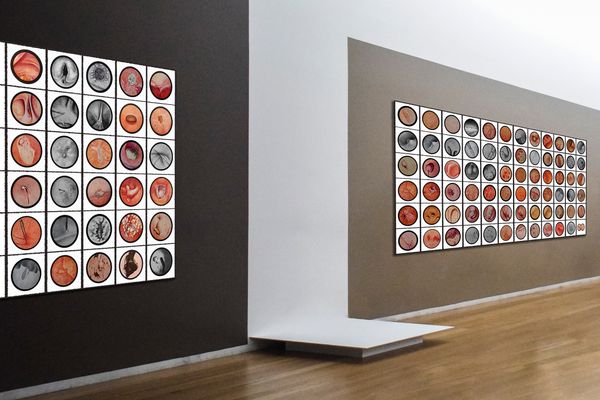The Weight of the Word
-
Dates2018 - Ongoing
-
Author
-
Recognition
The Weight of the Word. medical eponyms and the nazi era
a project by Piero Martinello and Piero Casentini
curated by Massimiliano Tommaso Rezza
Abstract: What’s in a name? In medicine, an eponym is a disorder or a syndrome named after the individual who originally isolated and described it. Eponyms are extremely common in medicine, and it is a great honour for physicians to have their name linked to that of a medical condition. To this day, tens of eponyms perpetuate the memory of doctors who operated under the Nazi regime.
An exploratory archival essay examines those medical eponyms drawing source from Nazism’s doctors and medical personnels’ experiments; conducted both before and during the Third Reich. Controversy now rages within the international medical community regarding the preservation of such Nazi-era derived eponyms. Encompassing archival photographs of Nazi-era doctors, and their eponymous diseases, histological images and anatomic illustrations, we interrogate numerous dialogues concerning medical objectivity, power, and the complex morality of source knowledge, and application.
The topic was the object of an international conference organised by La Sapienza University, the Jewish Community in Rome and the Israelite Hospital of Rome in June 2015. The meeting brought together historians, physicians and personalities from the Jewish community to discuss the topic of eponyms in medicine. It resulted in the launch of an international campaign calling for the withdrawal of the eponyms linked with Nazi doctors from the scientific vocabulary, through a petition at the European Court of Human Rights.
-------
"Should Reiter’s name, then, be expunged from medical history, except of course in citations to previous literature? It would seem that both those who wish to retain Reiter’ s eponym and those who wish to eliminate it share a common desire: they want Reiter himself to fade into oblivion. But the Hippocratic oath does not prescribe oblivion for those who do harm. It mandates condemnation, shame, and obloquy.
We should remember Reiter and the evil he furthered; indeed, we dare not forget it, for racial, social, and judicial dehumanization are still very much with us.
Fortunately, he himself has provided the means to perpetuate his memory according to its deserts. Let Reiter’ s syndrome serve henceforth not as a description of reactive arthritis but of the temptation to evil that occurs when any of us forgets that the only irreducible subject of history is every man, woman, or child in his or her uniqueness and value, and that the sworn task of the physician, as the moral obligation of us all, is to do no harm. Let it fade from the literature of arthritis but be remembered in the textbooks of medical ethics, and let it live there, forever, in infamy."
Robert Zaller, Hans Reiter and the Politics of Remembrance







